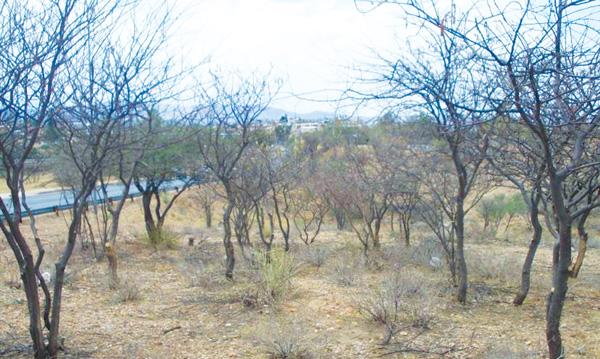
Ocean Conservation’s heroic actions to rescue entangled seals and change mindsets

By Adolf Kaure.
The co-founder of Ocean Conservation Namibia (OCN), Katja Dreyer says that there is no proper data that points to a decreasing number of seal entanglements in plastic bags since fees have been introduced at retail shops.
She said this during the airing of a documentary titled “The Cutting Line” at the Namibia Uranium Institute Lecture Hall in Swakopmund last week.
Dreyer said that despite this lack of data, it has led to a change in mindset among people.
“It has a little bit of a ripple effect. If you have to pay for a plastic bag, people start thinking but why and this then starts this thinking process.”
“First of all, it should not be for free. It is a resource and why are we charged for something because it is precious so I need to be more careful with it which means I need to protect and preserve this,” she said.
Fishing vessels are responsible for most of the plastic that end up in the ocean and cause a danger to marine life, of which seals also fall victim to.
According to studies over 100,000 marine animals are entangled by nets each year globally, while 80% of all whales have been entangled by nets before in their lifetime.
Some studies have also shown that some marine species have become smaller because of the use of nets.
She added that despite legal frameworks having being put in place to regulate illegal dumping of plastic bags into the ocean by vessels, there is not enough enforcement.
“Dumping by sea is massively illegal, but it is the enforcement that is the biggest issue. It is not only a Namibia issue. It is all over the world and there is nobody monitoring.”
“There are some hopes and plans for each fishing boat to have an observer on board. Ideally you could broaden the scope with something like this but they already have so much to do that at the end of the day it comes down to the end user.”
“You could just wait for an observer to turn their back before you throw a bag of rubbish into the ocean. So we need to change this whole mindset which is such a difficult process,” she said.
Also speaking at the event, OCN co-founder, Naude Dreyer said that plastic never vanishes and the weather conditions at the Namibian coast makes it more likely for these plastics to reach the ocean.
“Most do end up in landfills and most of our winds are predominantly on-shore in Namibia. Not much of our winds are off-shore, not much of rubbish blows into the ocean. But if you take a drive out into Henties Bay, you will see the amount of plastic bags there are.”
“We have very harsh conditions here with sun and wind. Those plastic bags actually break up very quickly but they do not actually vanish.”
“They become micro-plasticcs which then go into the water and into the rivers and oceans. So that plastic never actually magically vanishes.”
Ocean Conservation Namibia is a private initiate to rescue seals from entanglement. To date, about 3000 seals have been liberated.

Katja and Naude Dreyer of Ocean Conservation Namibia explaining the dangers of plastic waste and how it leads to seal entanglement. (Photograph by Adolf Kaure)










































